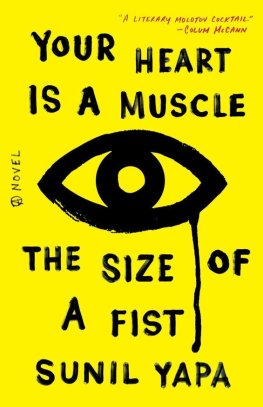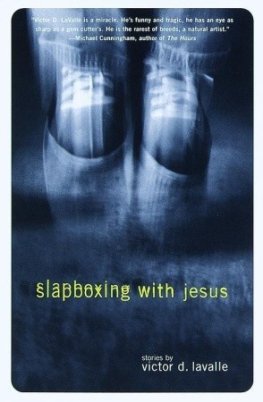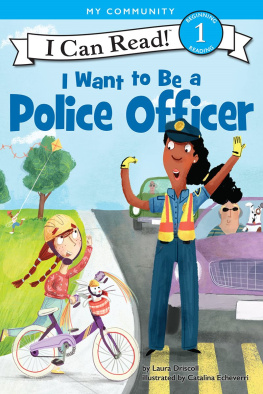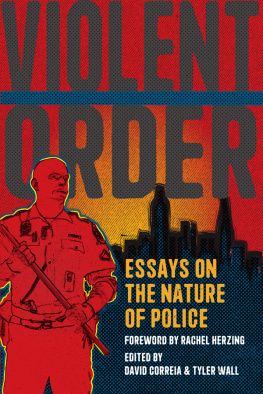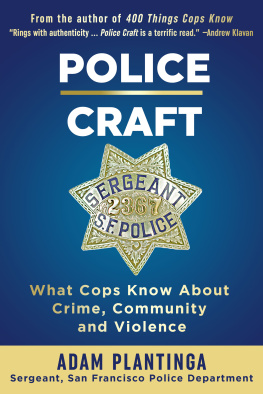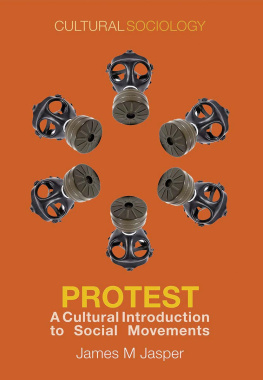Sunil Yapa
Your Heart Is a Muscle the Size of a Fist
For my parents:
My father, who taught me how to see the world;
My mother, who showed me how one might love it
The match struck and sputtered. Victor tried again. He put match head to phosphate strip with the gentle pressure of one long finger and the thing sparked and caught and for the briefest of moments he held a yellow flame. Victor curled into himself like a question mark, a joint hanging from his mouth; Victor with his hair natural in two thick braids, a red bandanna folded and knotted to hold them back; Victor with his dark eyes and his thin shoulders and his cafecito con leche skin, wearing a pair of classic Air Jordans, the leather so white it glowed imagine him how you will because he hardly knew how to see himself. He was nineteen years old and should have felt as sweet as a bluebird in the dew, but in the awful damp of the early morning, after another night of sleeping on cold concrete or not sleeping he moved like an old man, grumbling like the world was out to get him, had in fact perhaps already gotten him, struck him down without mercy or care or intent as if it hadnt even seen him standing there, he had just been in the way.
He knelt and made a cup of his two brown hands. Look at him bowing his head to this fragile light, joint pinched between his lips, wearing a puffy down jacket, olive green and so ragged he might have found it abandoned on the beach. Listen to the quiet rhythm of his breath. This is his morning ritual, the closest this boy comes to prayer. Skinny Victor, who believed in his heart of hearts that most everything was bullshit, for three years he had tramped the world and still he had no idea just how it worked, how people managed daily life on this blue-green planet of slums and smog, the easy knife, the lazy blade.
The traffic on the freeway thundered over his head, the sound of the big trucks hitting the joints of the highway a muted clacking like a pair of spoons. Beyond the cave of the underpass, beyond the water and the warehouses, out in the city where the streets climbed from the docks to the downtown core, the sound of the chanting crowd was a distant buzzing fifty thousand desperate flies knocking against fifty thousand closed windows. Victor had heard talk of it for weeks. At the shelter. Bumming smokes from the tourists on the pier. At the coffee shop nursing a tea and swiping scraps from the empty plates. And now, here they were, thousands in the streets and the way their voices rose and fell, sliding down the hill, ringing off the renovated lofts, the brick apartments, the cars parked nose to tail along the oil-black street it was like an alarm bell sounding in his chest. It was the million-voiced ocean roar of Calcutta or Caracas booming from their angry mouths, echoing in the canyons of smoked glass and steel.
An alarm ringing in his chest saying, Go, go, go.
He had been camped in a cheap tent beneath the underpass for three months now and he had put his mind to the matter, rolled it around in that big old brain, and he knew this much he needed to get the fuck out.
Victor, he was onto some higher math.
The calculus of kind bud, the physics of dispersal, the geometry of escape.
He had more sticky, stinky, purple-haired marijuana on his person than ever before in his short life, and the glory of it, the mind-fucking enormity of the possibilities, had him whirling.
Because weed equaled cash and cash equaled a ticket on the airline of his choice to the destination of his choice. He was going to ignore how he scored the weed because escape velocity was the dope necessary to break free from the gravity of homes heavy hold. Lord, let us fly. Yeah, get the feet moving at a pleasant cruising speed of five hundred miles per hour to some dark and lovely corner of the globe. Let pilot and copilot read the dials and mark the birds; Victor only wanted to recline his seat and watch the border recede below him like a line of marching ants following a trail of sugar to its source.
He lowered his head to the flame, mindful of his braids. But in the windiest spot he could have chosen, his hands proved an insufficient home. His little cardboard match, his little paper flame, she bent horizontal and made her exit, disappeared before she had done what work he required.
He gave up. Dropped joint and matchbook in the breast pocket of his down jacket and retired to his tent, where he ducked inside and gathered his sleeping bag in his arms and stuffed it into its sack. He rolled his mat and tied it with a length of cord. He sat on the roll of foam and slid off his shoes and removed an old toothbrush from the pocket of his jacket and began polishing the white leather, the brush kept strictly for this purpose. The shoes he hadnt seen in years. A gift from his father, long ago. So long ago it seemed like another life. He had kept them boxed for years preserved in the clean antiseptic air of an anger so large and old and familiar he had no name for it. His father.
In the morning when he woke and at night before turning in and during the odd windblown moments of the day when the boredom or regret or homesickness were so heavy he felt them like a knot in the pit of his stomach he swept and tidied. He put things in their place. Joint in his pocket, braids behind his ears. Memory and longing a black gunpowder he tamped down the wide-bore barrel of his neck. Even here, living beneath an underpass with the rumbling traffic overhead and bits of metal, he didnt know what, slivers of brake pad, oil-flecked grit, drifting down and settling in his hair, grinding between his teeth and covering his tent in a fine film of filth even here, yes, he cleaned and swept.
Because that was what you did to keep the loneliness at bay, to keep at arms length the sense that you may have made a vital mistake somewhere, or perhaps it was your parents, or maybe it was just the world in general that had fucked everything up. Thoughts like these could not enter the swept half-moon he carved thrice daily in front of his tent. Thoughts like these had a certain regard for cleanliness, for industrious energy and purpose. Doing something, he had discovered, anything, however small, that contributed to your meaningfulness of self and surroundings well, that was the trick. That was the trick to not feel like shit.
Victor heard his stomach growling and back behind him, where his camp sat in the gravel spread beneath the highway, the thick-throated rumble of the daily commute. Farther off, in the distance over the hill, that roar of voices faded and grew, came rolling through the slotted streets to rest in the salty air of the pier. It had a rhythm to it. Sounded like ocean swells crashing on a beach, volleys of cannon fire destroying some corporate citadel and, hearing that, man, he bent and laced his shoes, grinning like the devil.
His heart of hearts it was a thing he sometimes imagined, when high, as a moon circling a lifeless planet; a satellite waiting transmission from the once bright surface where billions had lived and died, the history of their ruin written in twisted steel; ash drifting against the homes like a wet, blinding snow.
If he was being honest, or if he had been perhaps a little less tired, he could have said his heart was laced with anger, holey as Swiss cheese. His heart of hearts poisoned by a bitter, wounded hatred, a sickness of the soul. But he was too tired for that. Too tired to believe in any of that the heart or the soul. Too tired to hate or care or rage, because how could you hate if you didnt care, and he had cared too long already. He was burned out on it. He didnt have a name for it this feeling out beyond the orbit of the tiresome rage and he didnt have the time. His feet were growing restless. Hed already been here too long. Time to go; to go; to go.

